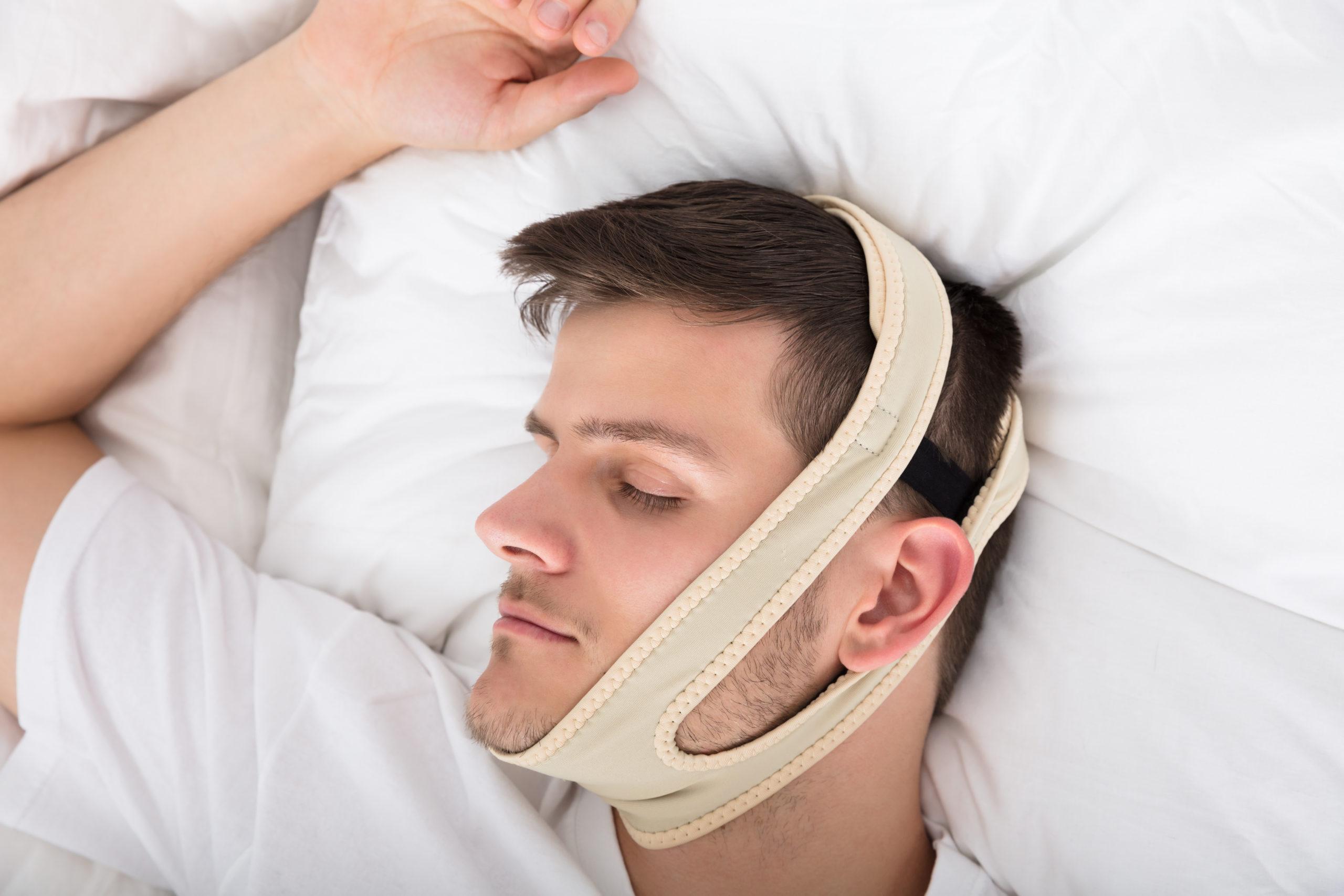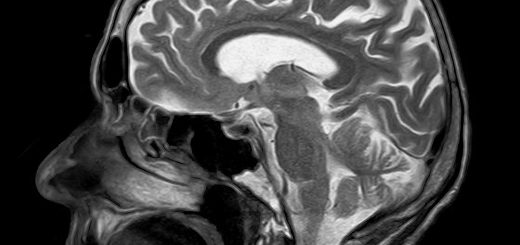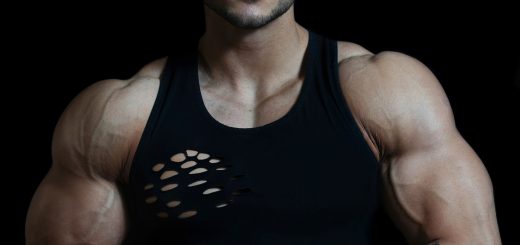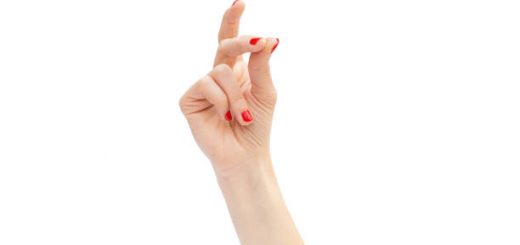7 Anti-Snoring Devices That Actually Work
It’s always nice to have a special someone to snuggle up to, but if that special person has snoring issues, it can quickly turn into a nightmare (even if you really love them). For this reason, we’ve gathered 7 anti-snoring devices that actually work and will help you or your partner’s snoring, ultimately improving sleep quality for both of you.
Various factors can induce snoring, such as age, medications, sleep positions, sleep deprivation, or even just a family history of snoring. Before diving into some of the different types of anti-snoring devices, let’s find out more about snoring and some of its causes. It’s important to understand that there is no ‘one size fits all’ approach and that your therapy requirements need to be individualised to suit your needs.
What is Snoring?
Snoring is a loud or harsh sound produced by the throat due to inhibited airflow during sleep. It starts in the back of the airway, behind the tongue, but the oropharynx (part of the throat behind the oral cavity) may also become constricted. The vibrations from the obstruction usually make a rattling, grumbling, or snorting sound (and a few sounds that haven’t got names yet) – not exactly conducive to a good night’s sleep.
What Are The Causes of Snoring?
When we sleep, the muscles of the mouth, tongue, and upper airway relax; unfortunately, they can relax too much and partially inhibit respiration. During this process, as the airway gets smaller, air turbulence increases, and the soft tissues in the back of the throat vibrate, leading to what we call snoring.

7 Devices That Actually Stop Snoring
1. Continuous Positive Airway Pressure (CPAP) Machines
Using a CPAP machine is the most proven method for treating sleep apnea. They are a great way to eliminate snoring and are usually used to treat snoring associated with OSA (Obstructive Sleep Apnea). Using a CPAP machine is a reliable and effective method for treating OSA. Using a CPAP machine involves wearing a special kind of mask, such as the TapPAP nasal CPAP mask, over the nose or mouth. The mask is designed to direct air from a pump into the airway to keep it open.
2. Tongue Stabilising Device (TSD)
This device aims to isolate the tongue by pulling it forward and creating space between the back of the throat. One of the benefits of this device is that it does not cause jaw discomfort as some other snoring devices such as the MAD listed below. For some people who may have dental issues or missing teeth, TSD is a good option. The disadvantage of using TSD is that they can be uncomfortable for some due to the tongue’s position.
3. Mandibular Advancement Device (MAD)
As the name suggests, this device advances the mandible or jaw bone. This jaw movement helps separate the vibrating elements in the throats of snorers, hopefully leading to less snoring. A couple of the major complaints with this device are that it shifts and moves the teeth and causes tooth discomfort. This device may not be the right option for people with dental issues.

4. Chin straps
An anti-snoring chin strap is usually placed under the chin and is made from a flexible fabric or neoprene-type material. These are wrapped over the head and support the chin to guarantee you sleep with your mouth closed during sleep, thus stopping any snoring.
5. Anti-snoring pillows
Anti-snoring pillows align the head and shoulders to keep the airways wide open. Alone, they may not be very effective for people suffering from sleep apnea, but in conjunction with a CPAP machine or other anti-snoring device, they can be a great addition to the arsenal.
6. Nasal strips
Nasal strips are some of the simplest forms of anti-snoring devices. They are essentially a thick, rigid band-aid that is affixed to the nose. Due to the rigidity of the strip, it helps pull open the nostrils once stuck on. They are usually made of synthetic materials.
7. Nasal dilators
Similar to nasal strips, nasal dilators are a simple anti-snoring device. They are inserted into the nose and open it up from the inside. One benefit of nasal dilators over nasal strips is you can reuse them multiple times. Nasal dilators are also often used in conjunction with a CPAP machine’s mask.
Complications of some snoring solutions
Finding the right anti-snoring solution for you can be tricky. Some treatments are non-invasive but also less effective, and the more effective solutions can sometimes be cumbersome and noisy. This means that it’s vital to do your due diligence – there’s no one size fits all.
In order to guarantee that you get the right solution for your needs, why not get in touch with Smile Express Denture Clinic? Our helpful team is always on hand to answer any questions you might have.



